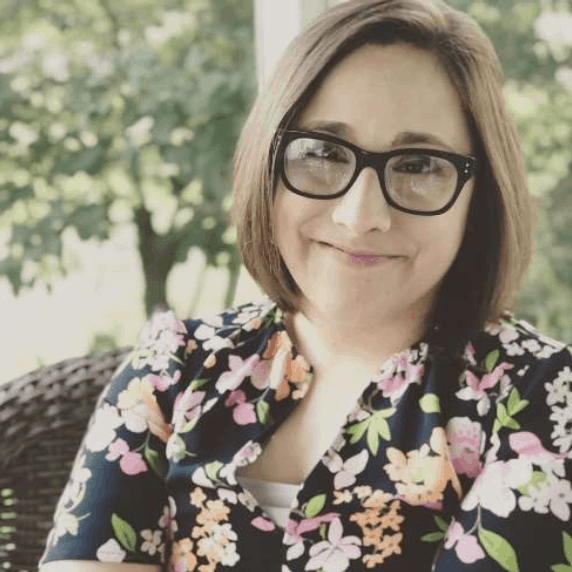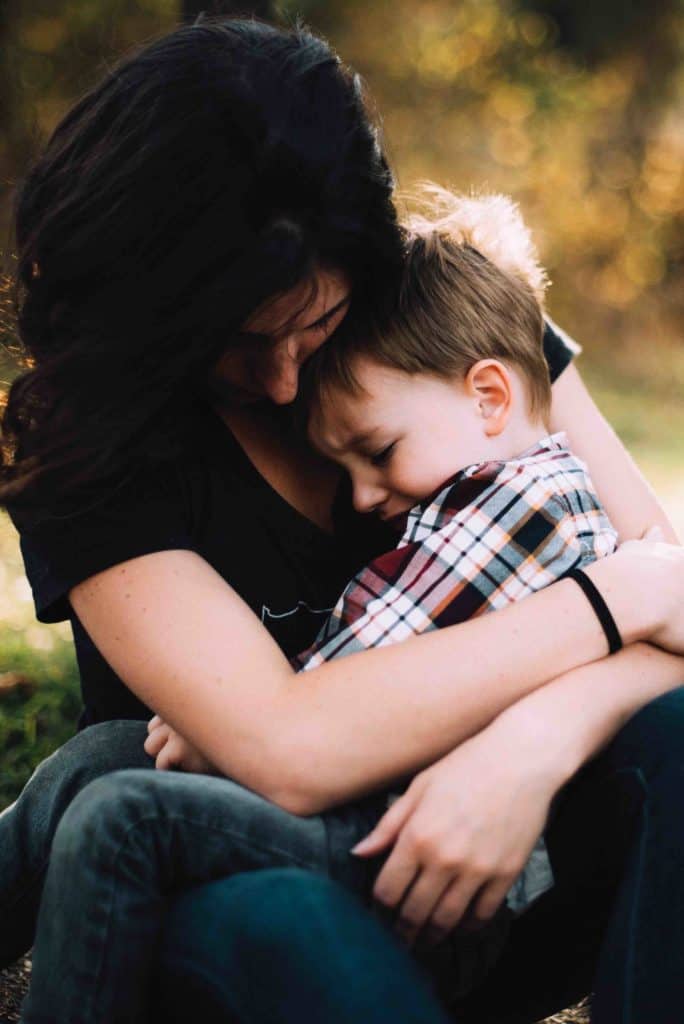HBO developed a tv show based on the popular video game The Last of Us. This video game and subsequent TV show describes a post-apocalyptic word in which a virus has decimated the world. It is equal parts terrifying and aesthetically beautiful! The virus has caused humans to become “zombie” like as the fungal infection runs rampant. However, as good post-apocalyptic literature and film does-its not the virus we need to be afraid of but one another. Sounds ominous, right? Well maybe. However, as I watched the TV show I could not help but be moved by how the show exemplifies the four existential concerns we all face as humans.
Death
Obviously, there is a lot of death in a film about a zombie apocalypse. In fact, zombie metaphors and imagery are often a way we confront our own mortality and the liminal spaces that exist when someone dies. In the show, the character Joel is motivated by grief. His daughter Sarah dies in the first episode and he is left to pick up the “shattered” pieces of his life. This snapshot of grief was compelling to me as a grief counselor and educator. The loss of a child is a grief that many describe as “un-nameable.” Joel’s life from that movement is changed which I think many bereaved parents would identify with.
Meaninglessness
The second existential concern is one that is connected to the first. Joel seeks to find meaning after his daughters death but struggles to do so. He carries himself with a sense that after this loss, there is no meaning or purpose. It is in fact not until he finds himself taking care of Ellie, a girl who is somehow immune to the virus that we begin to see that meaning often comes through human connection. Joel has prided himself on being alone but when he interacts with Ellie we see his quest for meaning.
Isolation
One of the hardest parts for many of us during the COVID-19 pandemic was the isolation. As someone with a primary immunodeficiency, the isolation was often palpable as I tried to determine what was safe and what was not. The isolation resulting from the fungal infection in the Last of Us is also palpable. Ellie remarks in episode two of the show that she’s never been outside of the quarantine zone. Dr. Vivek Murphy, the US attorney general has labeled loneliness a public health concern. The self-reliance we see in Joel is not healthy independence and he has walled himself up in total isolation in order to cope with his grief. However, what is beautiful about the show is that we cannot survive without one another. Existential theory would agree that isolation drives us but maybe its the fear of isolation that compels us?
Freedom
The last existential concern is our ongoing desire for freedom and choice. In the show, there is tension between those who fight back against an authoritarian government that sprung up after the pandemic. These individuals are known as fireflies, they tell one another to “look for the light.” In the context of COVID-19 many conversations sprung up about what freedom looks like during a public health crisis.
What do you think? Do you think this show captures existential concerns? How might we use this show to address how these concerns show up in our own lives?





